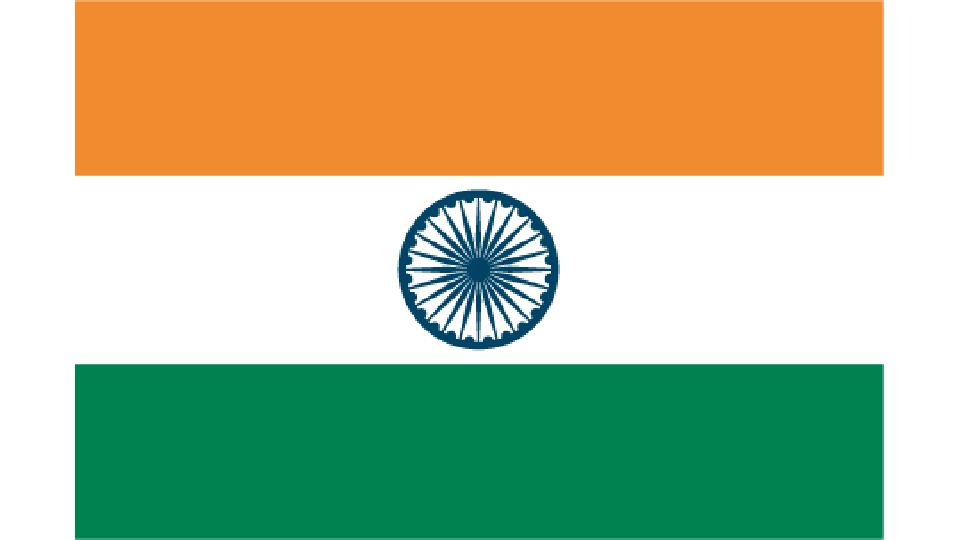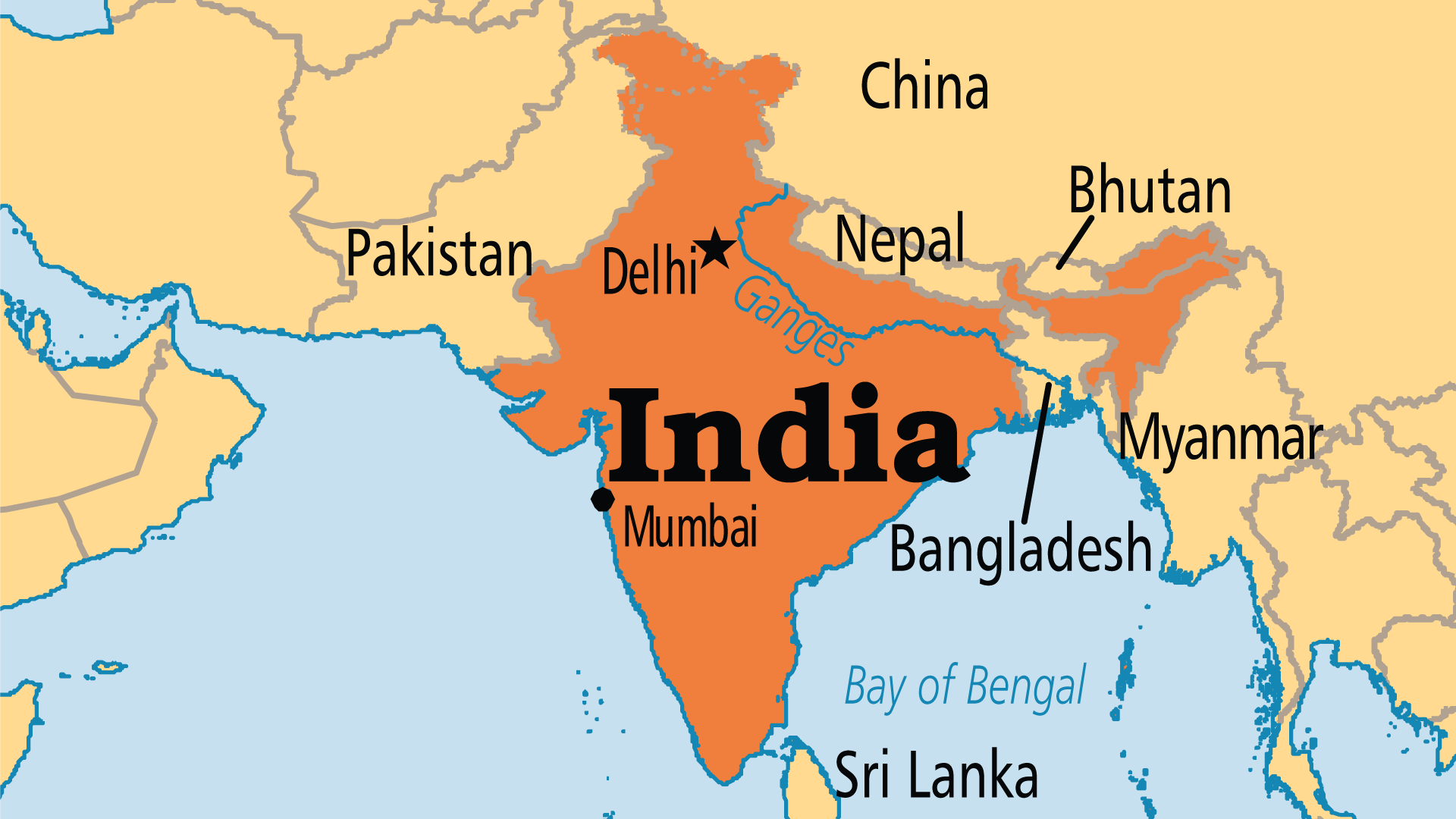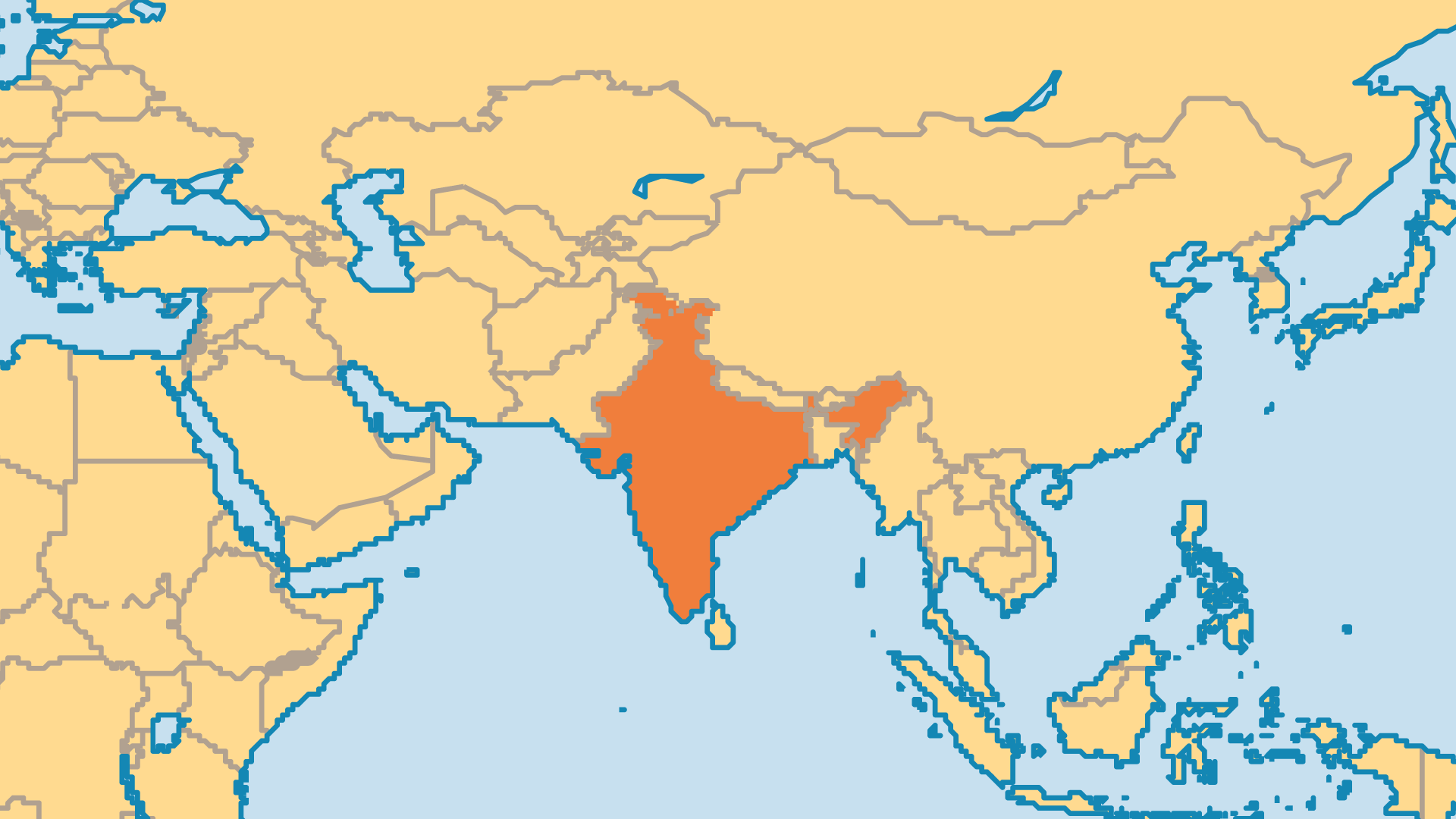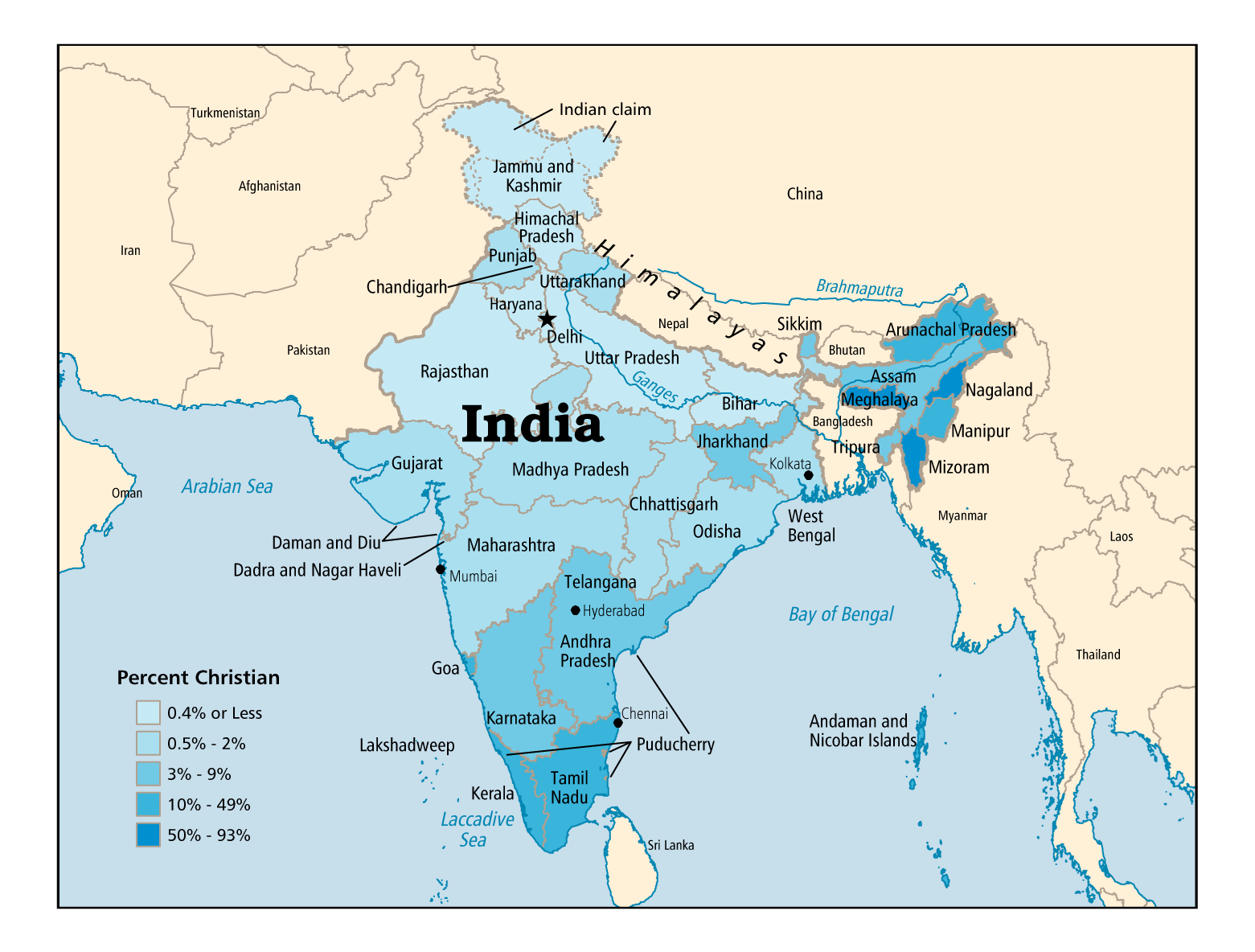Pray today
Politics affects the Church and mission in Tamil Nadu state. Hindu extremists threaten the Church with anti-conversion laws. Pray that the current religious freedom continues. The Church grows despite the social pressures, especially among Dalit and tribal peoples. Muslims and higher caste Hindus receive very little outreach. Tamils founded many of the Christian organizations throughout India. Pray that the Church of Tamil Nadu presses forward with its mission vision and outreach.
More
Sikkim has enjoyed significant religious freedom in recent years, a contrast from a history of persecution. Christians are taking advantage of this open window, but they are not alone. Muslims and Maoists are also very active in proselytism, so much so that, combined with growing immigration, the rapid religious demographic change is of great concern to many in the state. Pray for social and political harmony as well as wise leadership to handle the rapid changes. Pray that existing freedom might continue and that Christians might use the opportunity – while it exists – to share the good news of Jesus.
The Church in Sikkim consists mostly of Lepcha people, first reached in the 19th Century. It is growing rapidly, from 7,000 people in 1981 to 53,000 in 2002, and significantly more today. Evangelical Presbyterians are the main denomination, but the Church of North India, Pentecostals, Baptists and Independent groups also minister. Praise God for dozens of new congregations established annually in what was traditionally a Buddhist stronghold - and for the inclusion of former Buddhist monks and religious leaders among the numbers of those saved.
Tripura: Indigenous peoples are now a minority in their own state. Massive Bengali immigration has occurred over the last 60 years, and Bengalis have taken political and economic control. Indigenes, who were 85% of the population at the time of annexation, have been reduced to less than 28% of the state's population. This was done at the encouragement of the national government to suppress potential independence movements. Violent backlash by separatist Tripuris (including guerrilla and terrorist activities) has been met in kind by Bengali militant groups. Tripuris are under-represented in the political sphere, economically disadvantaged and increasingly forced off their traditional tribal lands. Through this, increasing openness to the gospel is now apparent. All tribal peoples have at least some Christians. Tribals account for 95% of Christians, while non-tribals represent 97% of the unreached. Pray that the tensions and insecurity might draw many more to turn to the gospel.
Andaman and Nicobar Islands have 436,118 inhabitants on 38 islands in the Bay of Bengal. Over 20% of the population are Christian; over 90% of the indigenous Nicobarese are Christian. The unreached include the four isolated negrito peoples of the Andamans – only 450 people, but all mission work is forbidden among them. GFA, The Bible Society and others now seek to reach these and other communities. In both sets of islands, there are just over 300 people groups - nearly all are in need of outreach. Hindus comprise 69% and Muslims 8% of the population. The coasts and lower-lying islands were devastated by the 2004 tsunami.
Lakshadweep is made up of twelve coral atolls and 36 islands in the Arabian Sea. Its 32 sq kms are home to over 73,217 people. Over 98% of the population are devotedly Muslim; the rest are Hindu and Christian immigrants from the mainland. No long-term ministry to these Malayali-speaking Muslims has ever been permitted or openly attempted.
More Information
- Get all of this content and daily notifications in our free mobile app. Download here ›
- Sign up for a daily e-mail that gets you the featured prayer point of the day straight to your inbox.
- This content is a curated selection of points from our book, Operation World. Find out more about it and all the rest of Our Publications ›
Content taken or adapted from Operation World, 7th Edition (2010) and Pray for the World (2015). Both books are published by InterVarsity Press. All rights reserved.



